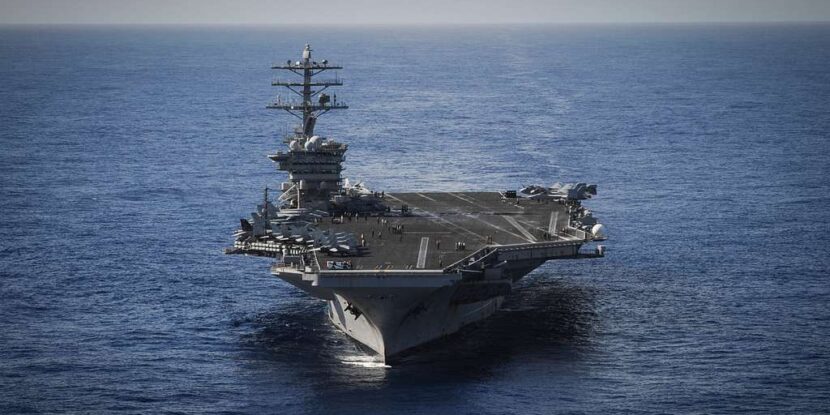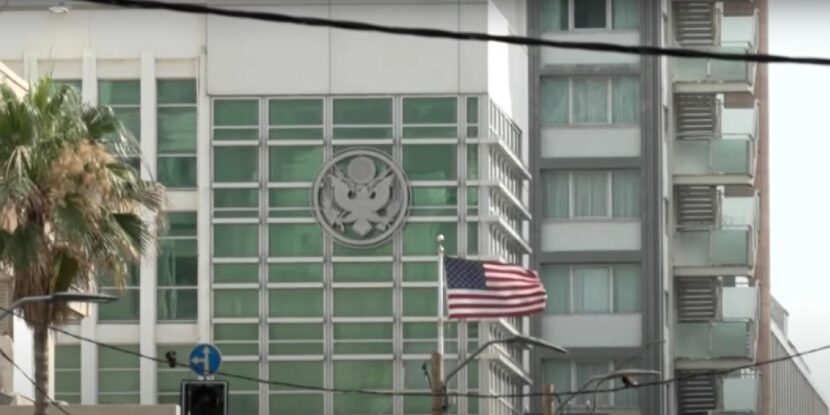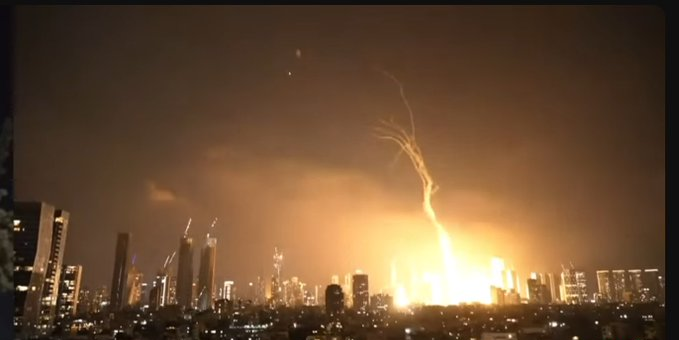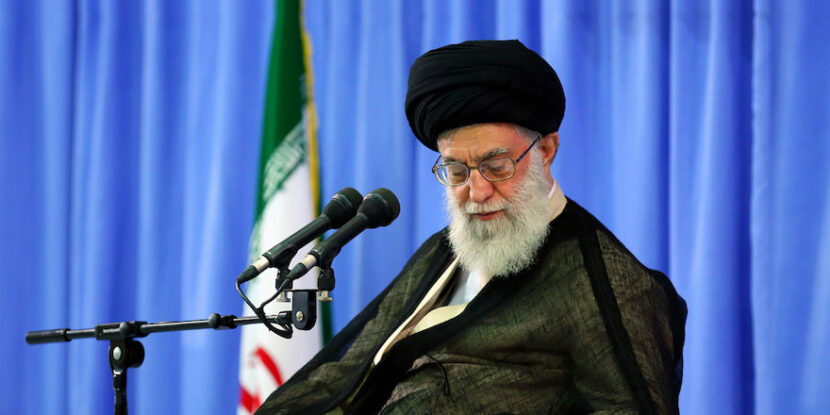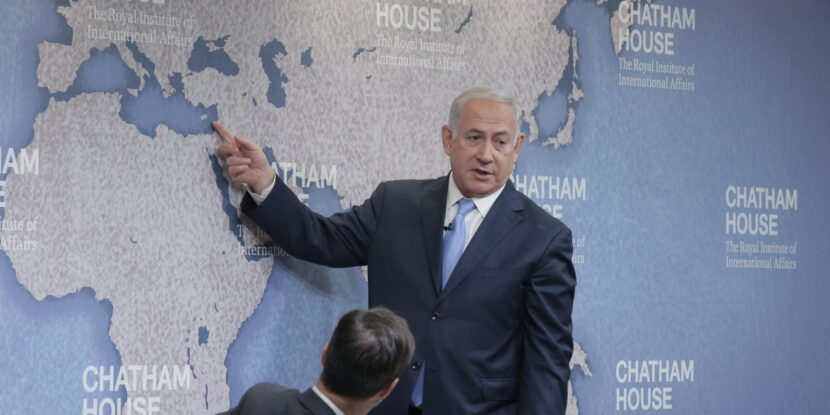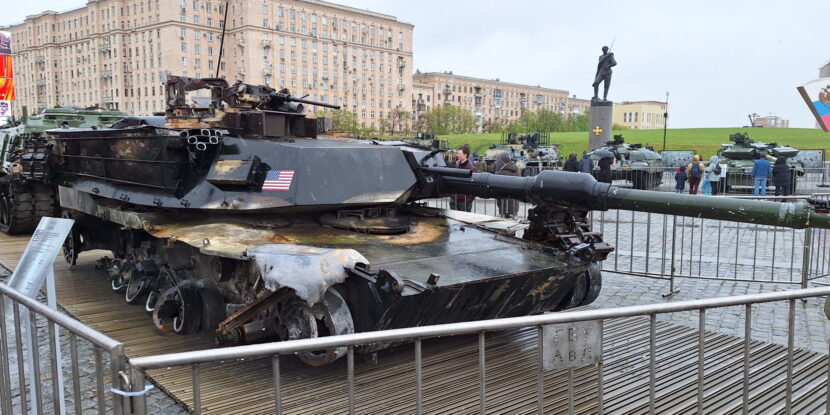❓WHAT HAPPENED: A U.S. aircraft carrier strike group is heading to the Middle East amid escalating tensions involving Iran and Israel.
👤WHO WAS INVOLVED: The USS Nimitz strike group, Israeli Prime Minister Benjamin Netanyahu, President Donald Trump, and Iran’s leadership.
📍WHEN & WHERE: The USS Nimitz is en route from the South China Sea to the Middle East, with a canceled stop in Vietnam, as of Sunday.
💬KEY QUOTE: “We will have a second Holocaust—a nuclear Holocaust,” Israeli Prime Minister Benjamin Netanyahu said on Sunday, justifying his country’s attacks on Iran. He added: “The Jewish state is not going to have the Holocaust on the Jewish people. Never again is now, and we have to act now.”
🎯IMPACT: The repositioning of U.S. military assets highlights ongoing regional tensions and the potential for further escalation.
The United States is diverting a large number of military assets to positions in Europe and the Middle East as the conflict between Israel and Iran continues. The USS Nimitz aircraft carrier strike group is heading to the Middle East from the South China Sea. The strike group includes nine squadrons flying F/A-18E/F Super Hornets, EA-18G Growlers, E-2D Hawkeyes, C-2A Greyhounds, and MH-60R/S Sea Hawks.
Additionally, on Sunday, social media accounts tracked the flight paths of multiple KC-135 and KC-46 refueling aircraft heading to Europe. While the refueling tankers traveled with their flight transponders on, it is possible they towed other aircraft as part of the airlift, which did not have activated transponders. These could include B-2 bombers, capable of delivering the GBU-57A/B MOP (Massive Ordnance Penetrator)—a 30,000lb bunker buster bomb capable of destroying Iran’s Fordow Fuel Enrichment Plant (FFEP), which is located an estimated half-mile inside a mountain just outside the city of Qom.
Two anonymous American officials have stated that the aircraft were being repositioned to provide President Donald J. Trump with additional options. The Nimitz, set to be decommissioned next year, was initially scheduled to replace the USS Carl Vinson in the Arabian Sea but is now arriving ahead of schedule.
The deployment coincides with Israel’s ongoing offensive against Iran, aimed at destroying the Islamic Republic’s nuclear program. “Once they go that route, it’s too late. We will have a second Holocaust—a nuclear Holocaust,” Israeli Prime Minister Benjamin Netanyahu said on Sunday, justifying his country’s attacks on Iran. He added: “The Jewish state is not going to have the Holocaust on the Jewish people. Never again is now, and we have to act now.”
Netanyahu said Iran had been given an opportunity to reach a nuclear deal with President Trump, but it became evident that Iran was not serious. “They basically strung everyone along and it was clear to us that the talks were going nowhere,” he added. The Israeli Defense Forces announced that one-third of Iranian missile launchers have been destroyed, with Netanyahu confirming that the Israeli Air Force “controls the skies over Tehran.”
The National Pulse reported on Monday that Iran has signaled to neighboring Arab governments that it is willing to return to negotiations, on the condition that the United States remain on the sidelines and not directly involve itself with Israel’s air campaign. “The Iranians know the U.S. is supporting Israel in its defense, and they are sure the U.S. is supporting Israel logistically,” anonymous Arab officials stated. “But they want guarantees the U.S. won’t join the attacks.”
Join Pulse+ to comment below, and receive exclusive e-mail analyses.
